.png)
What are the types of attestations and differences between MEA attestation and Apostille?
The birth certificate is the most significant document since it is the first certificate issued for a child after birth, providing that child with documented evidence and associated citizenship rights.
Read more
A Guide To Obtaining A Transcript From Mumbai University
University of Mumbai Transcripts for WES is a quick process. All you need to do is follow some simple steps suggested in the article.
Read more.png)
How can Indian nationals get documents attested easily?
Government of India documents Attestation Apostille, Genuine MEA Attestation, Document Attestation, Certificate Attestation UAE, MOFA Attestation, ...
Read more
How Can You Translate Documents For Immigration?
A certified translation is a document translated by a professional translator and then certified as accurate by a notary or other official body.
Read more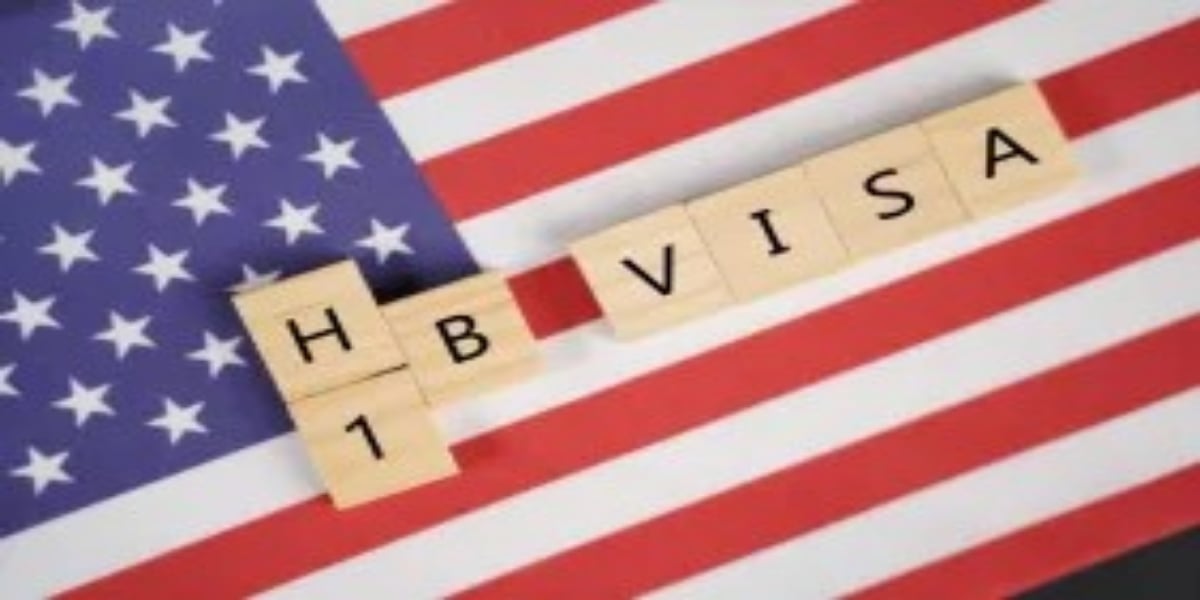
A Complete Guide to Obtain H-1B Visa
This guide will walk you through the must-know aspects of an H-1B visa. H-1B Visa Eligibility Criteria, procedure, Petitioning Process, Requirements and FAQs.
Read more
The Academic Transcript Is Different From Bachelor's Degree Mark Sheet
Mark sheet is issued at the end of each semester /trimester /year in a particular format. In addition, a transcript is a summary of all marks (subject-wise).
Read more
How to Find Right Property Management Professionals in India
Finding the right company for professional property management for NRI is a huge decision that will have an immense impact on the success of your leasing business. After all, the Right Property Management Professionals for NRI are going to be the eyes and ears and hands and feet of the NRI property in your country. Their actions would impose an enormous influence on whether you have a profitable and well-organized operation or a slow and fading business.
Read more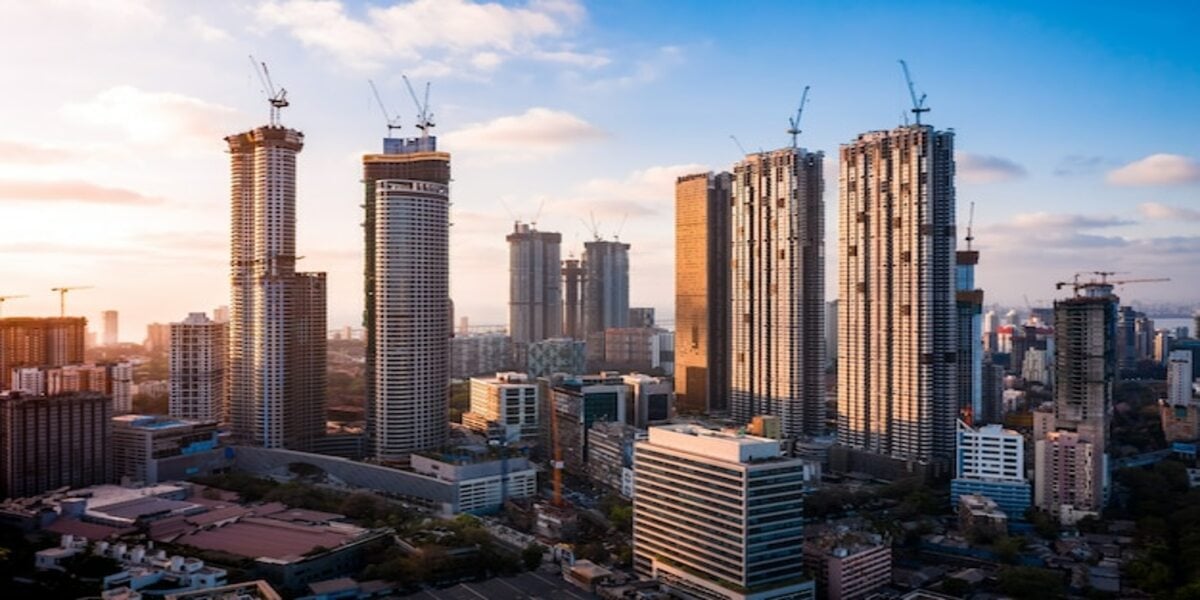
How does property Management Company in India work for NRI?
Owning a property in India has always been, and still is, profitable speculation. But, similar to the shares and stocks in your portfolio, your property needs regular attention, maintenance, and concern. But there is a way to reduce property management in India for NRI to bare bones.
Read more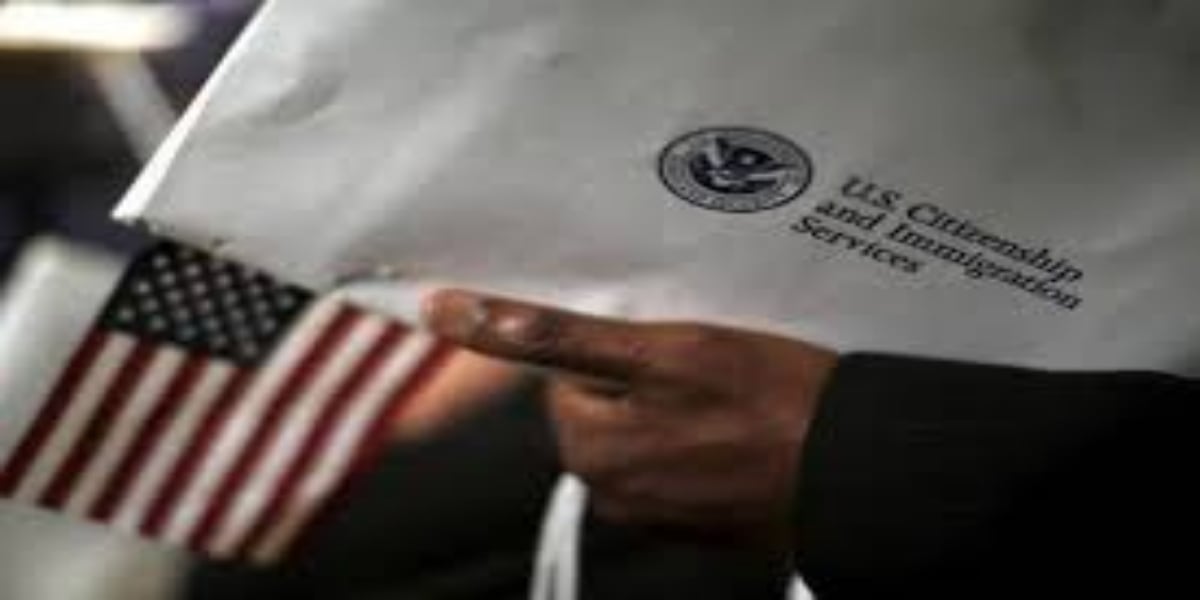
USCIS Extends Premium Processing Service for H1B Petitions in Fiscal year 2019
USCIS will resume premium processing suspension on Monday, Jan. 28, for all fiscal year (FY) 2019 H-1B cap petitions, including those eligible for the 20000 cap advanced degree exemption. Petitioners who have approved requests for evidence (RFEs) for pending FY 2019 cap petitions should include other formalities responses.
Read more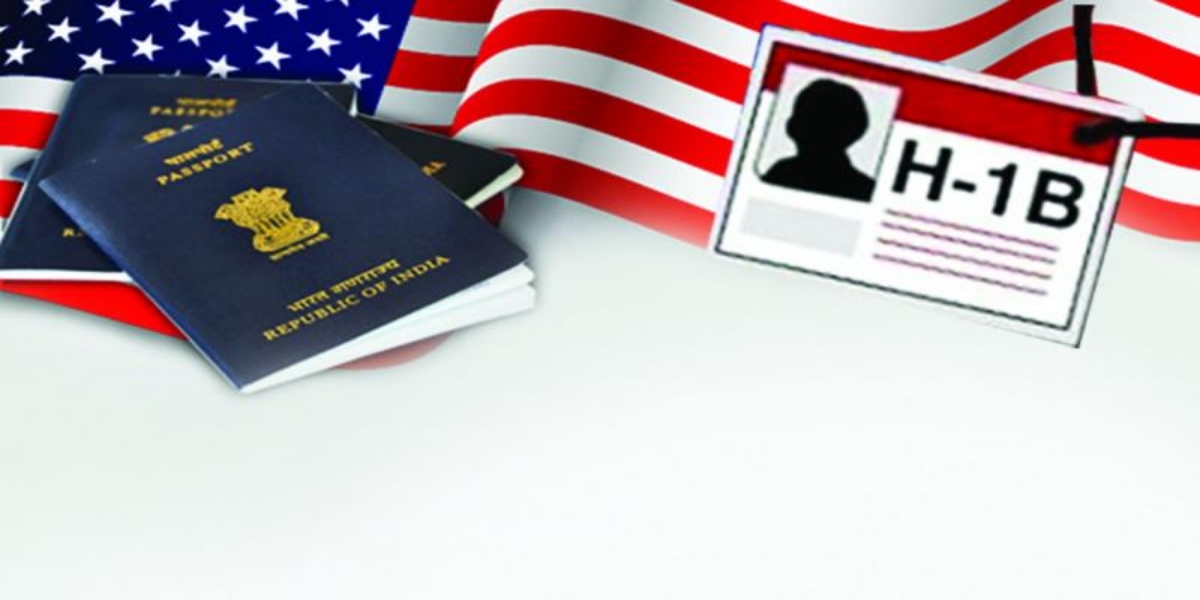
H1 B Visa FY 2019-Suspension in Premium Processing Time Causes Delay Crisis Further
USCIS provide regular and premium processing for H1 B Visa immigrants. As we started writing everything about H1 B from eligibility criteria for high skilled employees or spouses, to the latest tracking of premium processing services. Therefore, Non-Residents can apply for either regular or Premium Services to receive H1 B Visa so that they can travel to abroad for their dreamful motto.
Read more
Thank You, for subscribing to our newsletter. You will be receiving the latest updates on all our new arrivals, exclusive deals and special offers.

.png)

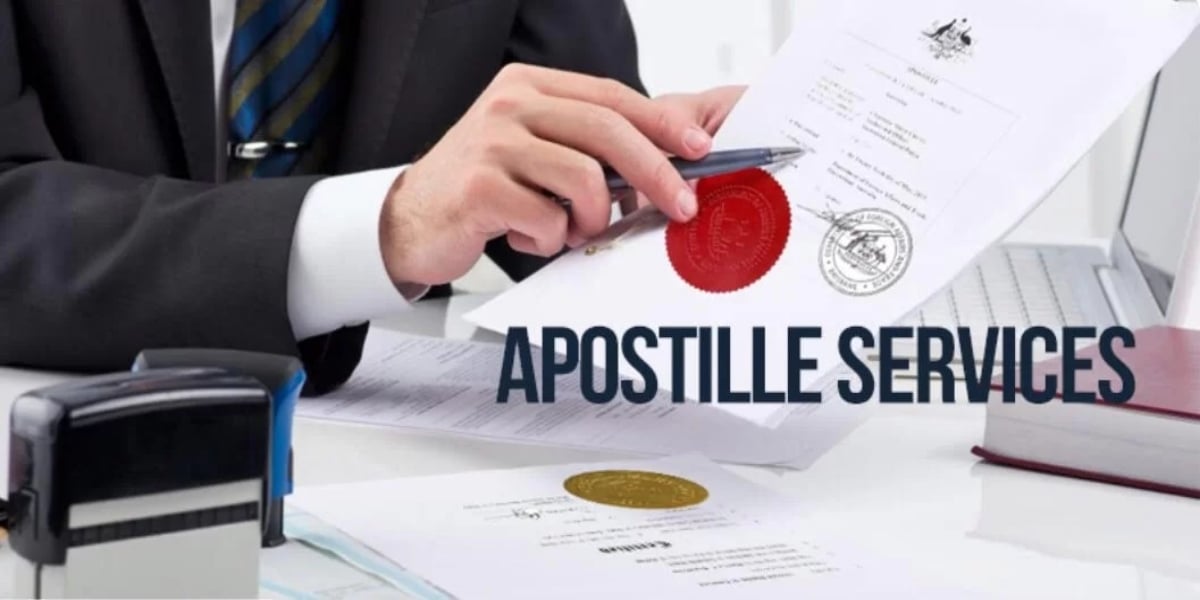
.png)